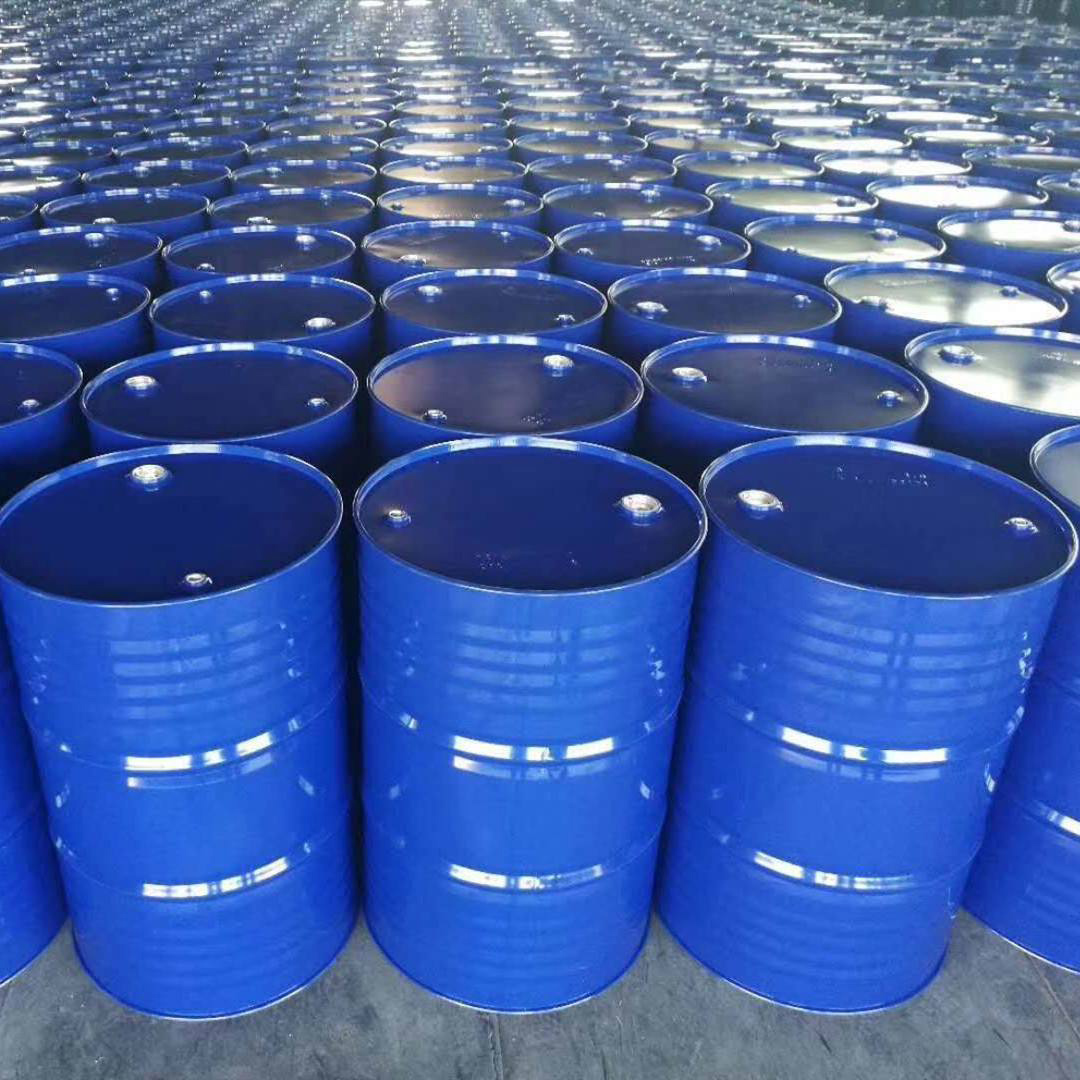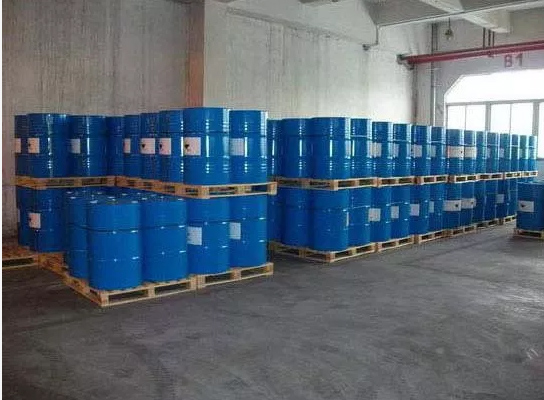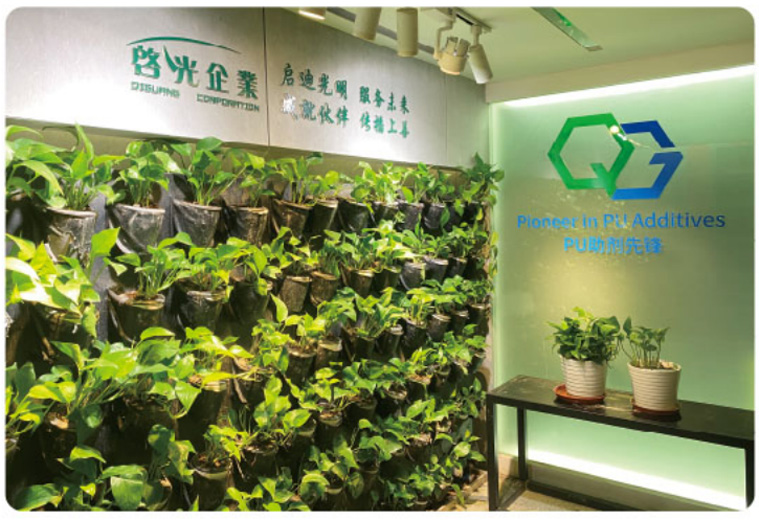If Pesticide adjuvants are the most popular product in the pesticide industry in the past two years, I believe no one would have any objection.
According to incomplete statistics, there are currently two to three hundred domestic companies producing essential oils for agricultural plants. If you count some small manufacturers, the number is even higher. The person in charge of a manufacturer in Guangxi told reporters that many domestic companies are now making plant essential oil products. Judging from the average sales of 1 million yuan per company, the current market share of domestic plant essential oils is 200-300 million yuan. It may be possible in the future reached 1 billion yuan.
It is understood that there are currently more than 200 kinds of plant essential oil products on the market, including dozens of pesticide auxiliaries. Among them, orange peel essential oil and orange peel essential oil are more highly praised by enterprises and have gained momentum in the past two years. It is hot and has the potential to compete with silicone additives. However, since d-citric acid, a main component of orange peel essential oil, was registered as a pesticide last year, whether plant essential oils containing d-limonene are compliant when promoted as pesticide auxiliaries has become a hot topic in the industry.

“In the early days, people focused on the research on the repellency of essential oils in pests. Recently, more and more people have begun to study the application of essential oils in insecticide, bactericidal activity and auxiliaries.” Hu Linfeng, associate professor at Henan University of Science and Technology, said, Some components in plant essential oils can dissolve the waxy layer of insects, causing the insects to dehydrate and die. They can also dissolve the phospholipid layer of pathogenic spores, causing the bacteria to dry out and die. “Compared with other additives, in addition to enhancing the expandability and permeability of pesticides, plant essential oils themselves also have insecticidal and bactericidal effects, which are relatively better than other ingredients in terms of synergy.”
Deng Xiangyuan, marketing manager of Guilin Jiqi Biochemical Co., Ltd., said that with the country’s increasingly strict supervision of pesticides, adding hidden ingredients is no longer advisable. In the next two years, people will gradually find that the effects of some pesticides are not as good as before, and the products The effect difference is more significant. In order to ensure the stability of product effects, adding additives will become one of the effective choices for enterprises. “Furthermore, the use of pesticide auxiliaries is also in line with the national requirements for green environmental protection, pesticide reduction and efficiency improvement. With the reshuffle of the market and the deepening of the industry’s understanding of auxiliaries, it can be expected that by 2020, agricultural auxiliaries will usher in an explosive period. .”
“It feels like some manufacturers of plant essential oils started to build momentum in 2017. They started selling well last year, and it is expected to grow significantly in the next two years.” The product manager of a pesticide company in Qingdao, Shandong Province told reporters that currently plant essential oils are still in the market. The mid-term stage of promotion is when companies need to vigorously promote their products.
It is understood that there are currently more than 300 domestic companies selling plant essential oil pesticides, but most of their sales are around 1 million yuan. Compared with single pesticide products that often cost over 100 million yuan, the sales volume is not optimistic.
“The main reason is that there are too many companies, the products are uneven, and the industry is mixed.” Cai Zhiwen, a well-known industry analyst, told reporters that because the country has not issued corresponding standards for additives, most companies use their own Production and sales are carried out according to the standards, and some even have no standards.
However, although the sales volume of plant essential oils is small, there is a lot of room for development of additives. The annual pest control area in our country reaches 6-8 billion acres, and based on the dosage of 5-10 ml per acres, the auxiliary capacity is as high as 80,000 tons.
“For the terminal, what people are most concerned about is the intuitive effect of the product on diseases, insect pests and weeds. Although auxiliaries can improve the efficacy, the synergistic effect is not very intuitive. If single auxiliary products are promoted to farmers, It will be very difficult at the beginning.” Ye Yinxiang, the person in charge of Guangzhou Wandifeng Agricultural Technology Co., Ltd., has been promoting and selling plant essential oil products since 2016, and his performance has increased by about 50% in the past two years.

If you want farmers to see the effect of plant essential oils on reducing pesticide dosage and increasing efficiency, you need to continue to conduct demonstration tests. Now, except for a few companies, many are just hyping up and not doing solid basic work. “Currently, the prices of agricultural products are relatively low. Farmers actually do not want to incur too many additional costs until they see the effects during the planting process.”
It is understood that the current sales price of plant essential oil product manufacturers is about 20,000-25,000 yuan/ton, and the cost price of finished products is generally 0.2-0.7 yuan/bag (10 ml, the same below). The market is generally The sales price is around 1-1.5 yuan/bag. Although profits are considerable, costs vary greatly, market competition is dominated by price wars, and companies invest less energy in promotion. This is one of the main reasons why although there are many plant essential oil products at present, it is difficult to find large single products.
Du Fengpei, a professor at the School of Science of China Agricultural University, believes that additives will be the direction of future enterprise development. In the past, as insecticides and fungicides, the main active ingredients had a greater impact on their effectiveness. However, it was later discovered that it was becoming more and more difficult to develop new ingredients. As people develop active ingredients, it becomes more and more difficult to improve product effects. . “The competition among enterprises in the future will be the competition of preparations, and the competition of preparations will largely be the competition of auxiliaries. Once the ingredients of preparations are determined, auxiliaries will play a major role.”

“Pesticide auxiliaries in the future will be a combination of multiple auxiliaries and multi-functions, and more emphasis will be placed on the combination of auxiliaries with application sites, control crops, and control crops.” Du Fengpei said that differentiation of pesticide preparations can rely on auxiliaries , but it is actually difficult to differentiate auxiliaries. In the future, the effect of mixing pesticide auxiliaries with pesticides will be the focus of corporate promotion. “There is no doubt that auxiliaries can improve the utilization rate of pesticides, but whether the current effect is the most ideal effect remains to be discovered. In the future, the focus of the company’s work will be on how to use the product more rationally and use less of it. Work hard.”